- Junta expands naval presence along Arakan coast to regain lost territory
- Nearly 70 civilians and POW family members killed or injured by junta attacks in Arakan State in one month
- Junta accused of extorting money from detained Muslims in Sittwe
- Weekly Highlights from Arakan State (Jan 26 to Feb 1, 2026)
- Arakanese youth stabbed in Mae Sot urgently needs financial aid for medical treatment
Arakan State’s saltwater shrimp hatcheries fail to satisfy local demand
The saltwater shrimp hatcheries in Arakan State cannot even meet local demand due to a lack of technological footing, local shrimpers say.
12 Dec 2022
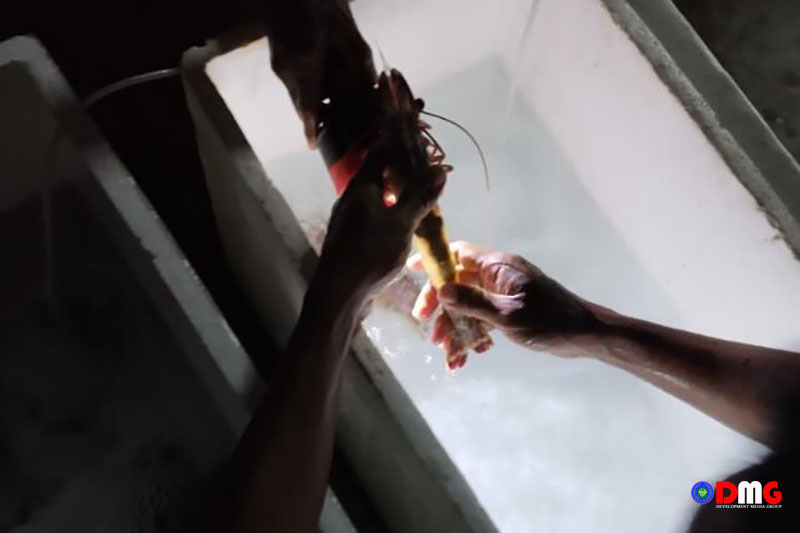
DMG Newsroom
12 December 2022, Sittwe
The saltwater shrimp hatcheries in Arakan State cannot even meet local demand due to a lack of technological footing, local shrimpers say.
Domestic demand for saltwater shrimp is around 50 million per year in Arakan State, but local hatcheries can only supply 30 million, according to U Oo Moe Swe, manager of a saltwater shrimp hatchery in Aung Taing Village, Sittwe Township.
“It is impossible to sell to markets outside of Arakan State. We don’t have the technology. Much remains to be done for the livestock breeding industry in Arakan State to develop,” he said.
Most of the saltwater shrimp hatcheries in Arakan State still rely on traditional methods, and only a few hatcheries are using US and Japanese technologies.
It takes around five months for shrimp to grow to a size when they can be sold at market. Fully grown shrimp are sold to business owners in Pauktaw, Sittwe, Kyaukphyu, Thandwe, Minbya, and Myebon townships.
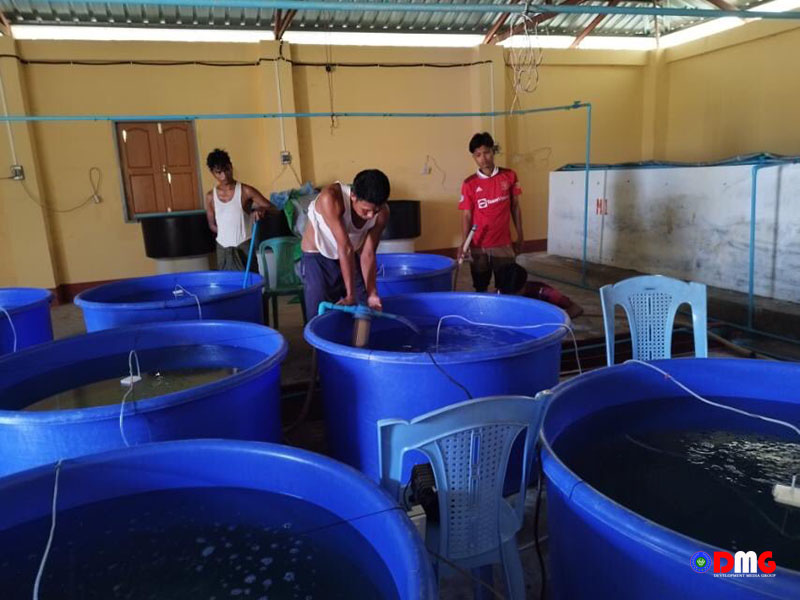
Technologies and investments are needed for the saltwater shrimp hatchery business to develop in Arakan State, said Zediya shrimp hatchery manager U Shwe Kyaw Aung from Kyaukphyu.
“If we are to breed scientifically, we have to give oxygen to shrimplets. By this way, we can breed a large number of shrimplets in a small space. We have to use technologies, and we need investment for that,” he said.
There are three saltwater shrimp hatcheries in Sittwe and Kyaukphyu townships, with a total of 52 grow ponds. There are also smaller-scale hatcheries in Thandwe, Pauktaw and Kyauktaw townships.
Local people are primarily engaged in farming and fishing in Arakan State, a largely coastal area. Those who rely on the fisheries industry are facing dwindling marine stocks due to mangrove deforestation and overfishing.




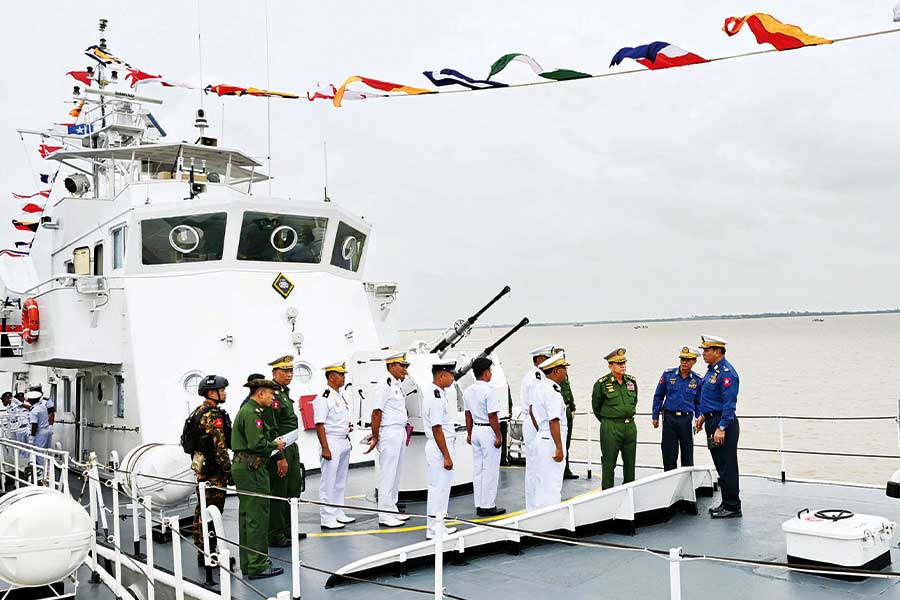
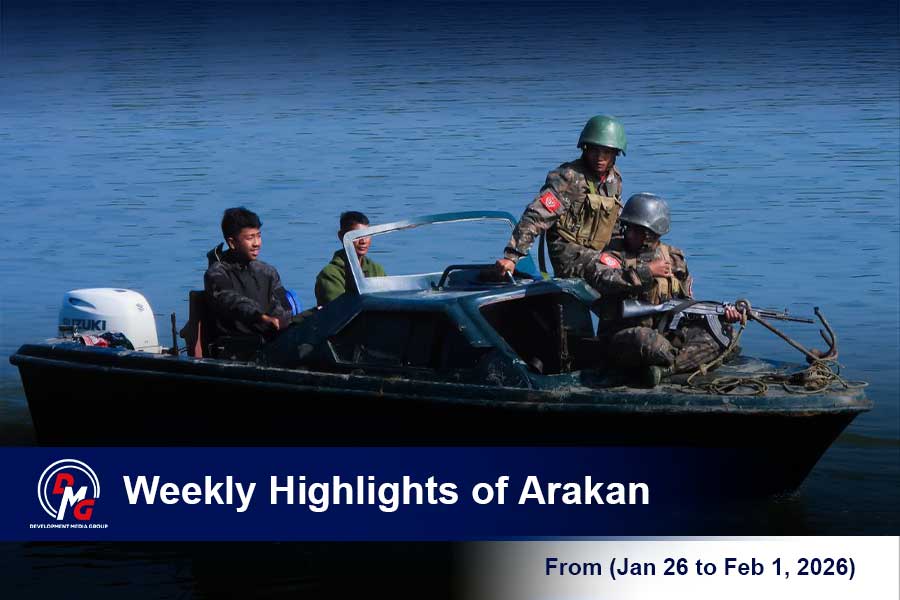
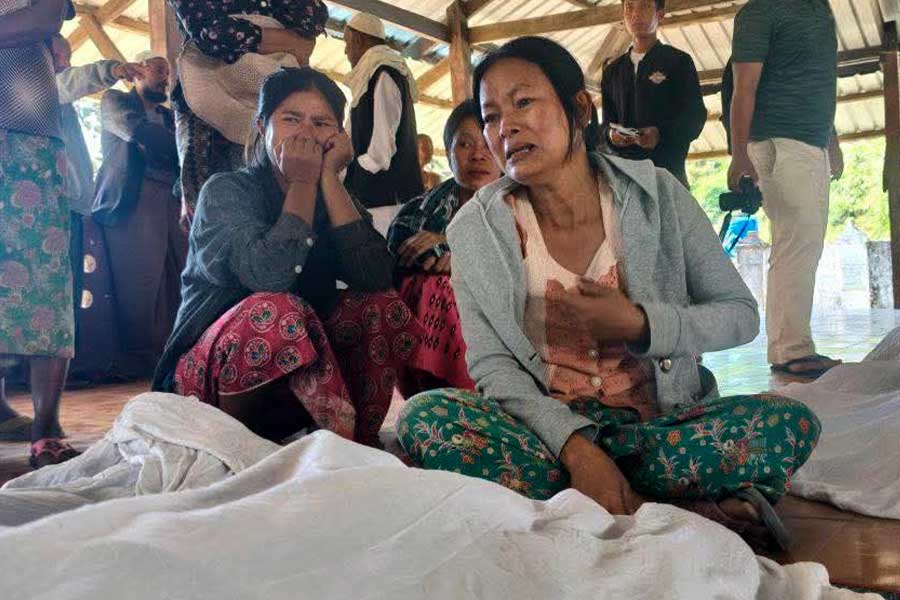
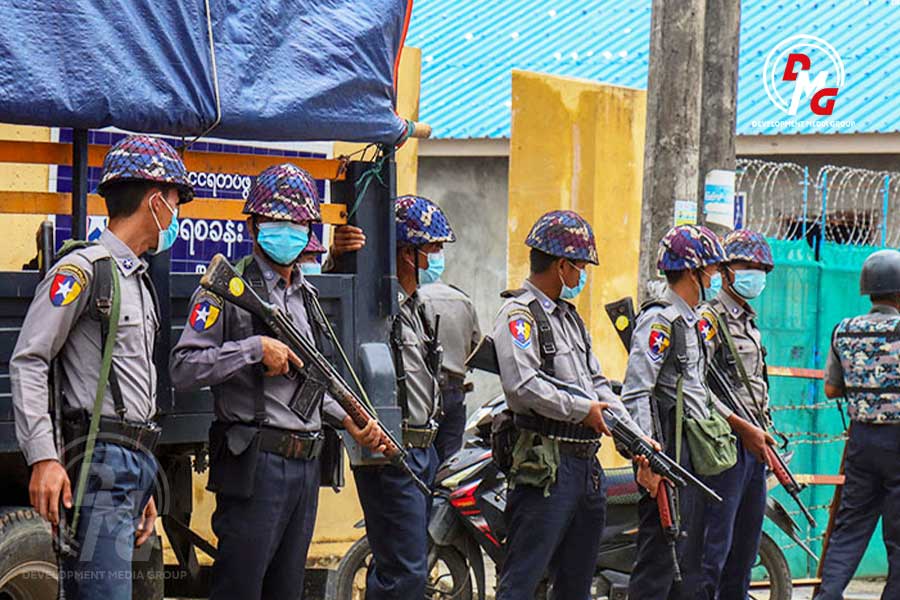







.jpg)

